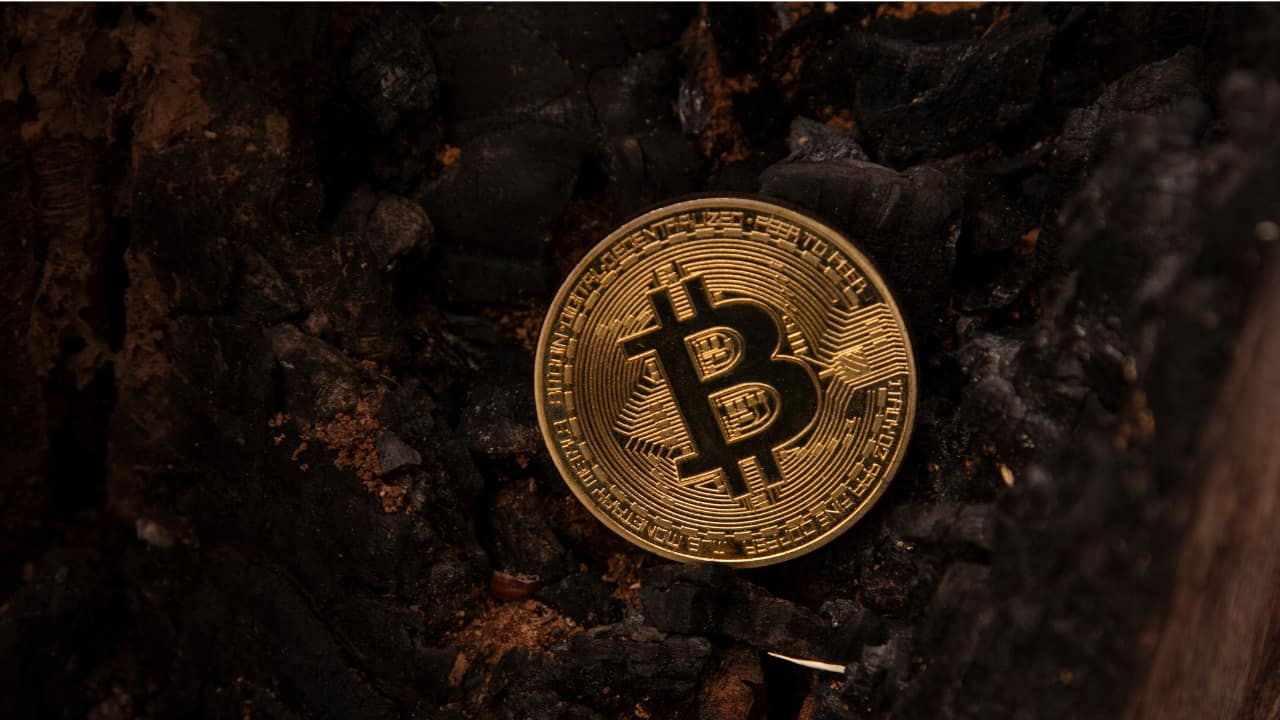What do you need to know when it comes to NFTs and the law?

 As the world of virtual reality continues to grow, so does the potential for digital assets and virtual property. Non-fungible tokens (NFTs) are a type of such digital assets, and they have a pretty promising future. But as is the case with all new technology, they are accompanied by many legal questions that need to be answered.
As the world of virtual reality continues to grow, so does the potential for digital assets and virtual property. Non-fungible tokens (NFTs) are a type of such digital assets, and they have a pretty promising future. But as is the case with all new technology, they are accompanied by many legal questions that need to be answered.
NFTs are unique digital assets that cannot be replicated. They are often used to represent objects in games or other virtual worlds, but they can also take the form of art, music and even physical objects.
Check out Blockchain Value Season 1, Episode 3 Podcast: NFTs – Keeping it Legal! with Jim Gatto.
While NFTs have a lot of potential, their legal concerns are factors that need to be considered. For example, there are questions about who owns NFTs, how they can be taxed, and what happens if they are stolen or lost.
Check out Blockchain Value Season 1, Episode 2 Podcast: BioNFT with Daniel Uribe.
Also check out Blockchain Value Season 2, Episode 6 Podcast: NFTs in Hollywood with Kadeem Clarke.
As NFTs become more popular, it is important to understand the legal issues surrounding them. Here’s what you need to know.
What are NFTs?
NFTs are digital assets, although they are not interchangeable like traditional cryptocurrencies. This means that each NFT has its own unique value that cannot be replicated. An NFT can represent everything from digital works of art to assets found in virtual worlds.
Their unique nature means that NFTs are not subject to the same price fluctuations as traditional cryptocurrencies. Instead, NFT prices are based on supply and demand.
The use of NFTs is still in its early stages, but already a number of platforms allow users to buy, sell and trade NFTs, including OpenSea, Rarible and SuperRare.
What are the legal issues associated with NFTs?
There are a number of different types of legal issues that need to be considered when it comes to NFTs.
When an NFT is created, the file is saved on a blockchain. This raises several issues, including questions about who owns the data, who is responsible for storing it and how they will be accessed and controlled. There are also concerns about the security of the data and whether they could be hacked or tampered with.
Intellectual property rights are another legal issue that comes into play when NFTs are involved. This includes questions about who owns the intellectual property rights of NFT and how these rights can be protected.
It is also important to consider how NFTs can be used to infringe on the intellectual property rights of others. For example, if an NFT is created that uses copyrighted artwork without permission, it may be considered a copyright infringement.
Since the beginning of the digital age, intellectual property rights have been a hotly debated topic. With the use of blockchain technology and non-fungible tokens (NFTs), this debate has only intensified.
NFTs have the potential to abolish traditional perspectives on intellectual property ownership and royalties. For example, an NFT can be created that gives the owner the right to receive royalties every time NFT is sold, which can create a whole new revenue stream for artists and other types of creators.
NFTs have the potential to concentrate power in the hands of just a few large companies. If a company were to control the platform on which an NFT was created, they could use that control to stifle competition or raise prices.
Antitrust laws are designed to protect competition and ensure that consumers have access to a variety of choices. If NFTs lead to a conglomeration of power among a few companies, it could break these laws.
It is still the first days of NFTs, so it is difficult to say how they will affect the competitive landscape. Nevertheless, antitrust regulators will follow them closely.
Check out Blockchain Value Season 2, Episode 4 Podcast: Blockchain v. Big Tech with Dr. Thibault Schrepel.
As interest in buying and selling NFTs increases, so are concerns about privacy. After all, NFTs are digital assets that can be stored on a blockchain, which means that NFT’s transaction history is public – accessible to anyone.
This can be a problem for those who want to keep their NFT purchases private. For example, someone who buys an NFT related to a sensitive topic (such as pornography or political activism) may not want their name associated with the purchase.
There are some ways to avoid this problem. First, people can use pseudonyms when buying and selling NFTs. Second, there are NFTs that are not stored on a blockchain (such as those stored on centralized servers). People can also seek out NFTs with built-in privacy features (such as those using zk-SNARKs).
Of course, data privacy is not a problem that is unique to NFT buyers and sellers. It is also a problem for all platforms that simplify NFT transactions. For example, OpenSea – one of the largest NFT marketplaces – recently came under criticism for selling user data to third-party advertisers.
NFTs are currently unregulated in most jurisdictions, which means that there is a risk that they could be used for money laundering or other illegal activities. However, this lack of regulation is not only a bad thing, as it also means that there is more potential for innovation and creativity.
A few countries’ regulations for NFTs are beginning to take shape. For example, in the United States, the Securities and Exchange Commission has said that some NFTs can be considered securities, which will subject them to federal securities laws; In China, the central bank has reportedly issued a warning about the risks associated with NFTs.
For the most part, however, NFTs still exist in a legal gray area. This may change as more countries and jurisdictions begin to take a closer look at this new technology.
When it comes to NFTs, taxes are a bit vague at the moment. IRS guidance is minimal. There is therefore some uncertainty about how they should be handled in a tax perspective. If your customers (or you!) Are thinking of buying or selling NFTs, it is important to consult a tax expert to ensure that you comply with all applicable tax laws.
 Olga V. Mack is the CEO of Parley Pro, a next-generation contract management company that has been at the forefront of online negotiation technology. Olga embraces legal innovation and had dedicated her career to improving and shaping the law of the future. She is convinced that the legal profession will appear even stronger, more robust and more inclusive than before by embracing technology. Olga is also an award-winning general consultant, operations expert, start-up consultant, public speaker, assistant professor and entrepreneur. She founded Women serve on the boards movement that advocates for women to participate in corporate boards of Fortune 500 companies. She authored Get on board: Get your ticket to a corporate board seat and Basics of Smart Contract Security. You can follow Olga on Twitter @olgavmack.
Olga V. Mack is the CEO of Parley Pro, a next-generation contract management company that has been at the forefront of online negotiation technology. Olga embraces legal innovation and had dedicated her career to improving and shaping the law of the future. She is convinced that the legal profession will appear even stronger, more robust and more inclusive than before by embracing technology. Olga is also an award-winning general consultant, operations expert, start-up consultant, public speaker, assistant professor and entrepreneur. She founded Women serve on the boards movement that advocates for women to participate in corporate boards of Fortune 500 companies. She authored Get on board: Get your ticket to a corporate board seat and Basics of Smart Contract Security. You can follow Olga on Twitter @olgavmack.


























